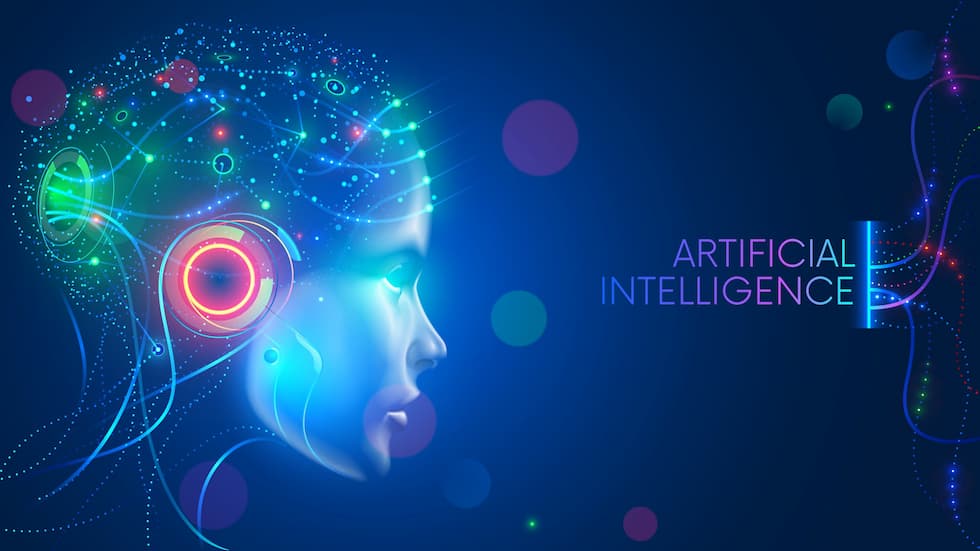
The loss of expert know-how, already a problem for years, has been made worse due to the coronavirus pandemic. A network of expertise, optimized by artificial intelligence, may be the way to get ahead of the problem.
Companies for years have been dealing with an aging workforce—losing talent and knowledge to retirement. The pandemic has accelerated this, particularly in water treatment. How do treatment plants replace the 20-year service or maintenance veterans and their expertise? Right now, the best technicians are supporting users and newer techs. Imagine that one of them calls their boss tomorrow and says they are suddenly retiring. How can companies make up for their knowledge once they walk out the door?
The baby boomer generation of workers did not change jobs too often. One study says the average job tenure for baby boomers is eight years. That is a lot of time to build up expertise. On the other hand, the same study says millennials’ average job tenure is just under two and a half years. So, the boomers are retiring, and it is likely their replacements will not stay around as long. How should companies plan for this?
The pandemic changed many users’ habits, and now end users are wanting to do more problem resolution themselves without having to rely on support and a potential site visit from an engineer. For field service organizations, sending a service tech on-site has always been the last resort. How can water treatment plant operators be upskilled so they can resolve more issues themselves?
The pandemic has seen a rise in solutions such as augmented reality/mixed reality (AR/MR) and other remote service tools. For these solutions to work, there still needs to be an expert on one end or the other. Also, AR/MR, knowledge bases, chatbots—none of these solutions improve skill levels.
These tools can be compared to having someone driving to an unfamiliar destination in a car. How much does the passenger remember afterward how to get to that destination? Research shows that humans forget 50% of what they learn within an hour. So, current remote service solutions may not be the answer. It could be possible to upskill technicians and users and enable them to retain and grow their new skill sets.
An on-demand network of expertise that workers can access on-site to help resolve issues with all of the major machines and components at the plant may be the answer. The network would be capable of being automatically enriched and optimized based on the success and experience of its users.
In water treatment, end users face the following challenges:
- Experts are stretched thin and spend too much of their time helping lesser-skilled workers with simpler issues.
- Plant managers often lack the skills to troubleshoot an issue without outside support.
- Many workers cannot interpret alarms or identify the root cause of a problem on their own.
- When there is an issue, it is often a third-party component that is the source of the problem, which means long wait times for a service engineer to come to repair it. Or the local operator is left using Google to find a troubleshooting manual so they can fix it themselves.
The benefits of artificial intelligence are valuable, innovative and can apply to service, maintenance, installations, calibrations, training and more. AI can:
- Enable plant operators to resolve more issues, improving plant productivity.
- Upskill technicians so they can perform tasks above their paygrade and not always rely on the experts.
- Capture unwritten knowledge gained over decades of experience.
- Shorten onboarding time for new hires, enabling them to perform most tasks in weeks instead of months or longer.
- Reduce the burden on experts so that they can spend more of their time on the less common, more complex issues.
- Company experts’ “know-how” may be the most important IP. Keep IP for the long term.
- Improve organizational learning so that the team can do its job better.

